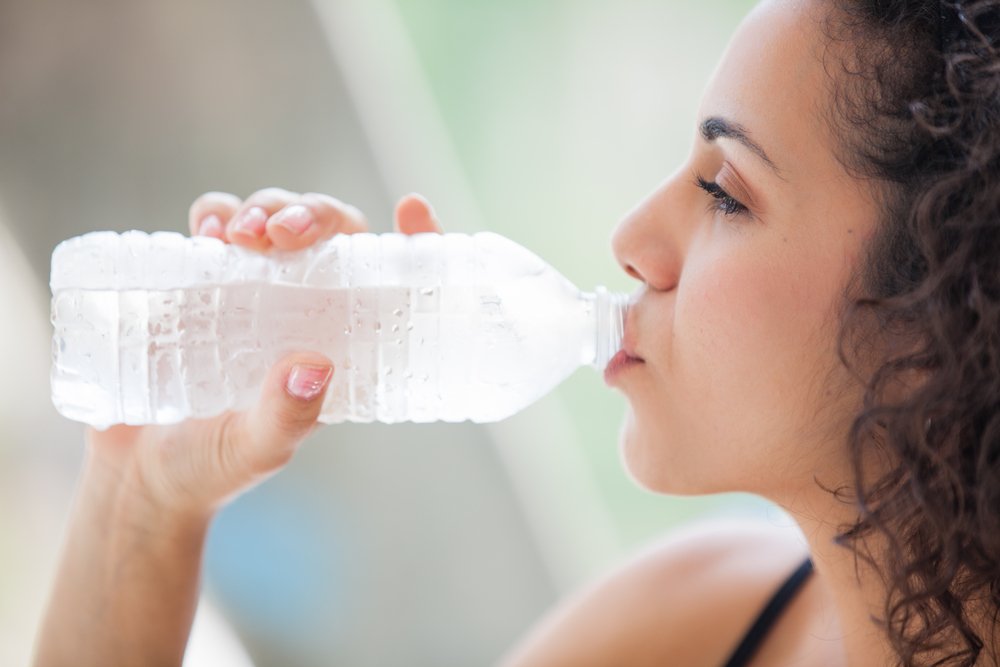How much water should you drink on average per day? Many people are familiar with the “8 by 8” rule; there is not an answer that applies to everyone. How much water you must intake depends on your health, how active you are, and where you live. Nonetheless, water is essential to good health, and this information may help you find how much water you personally need to consume.
Benefits of Water
Humans cannot live without water—it is known fact. Every system in your body depends on water, and water makes up approximately 60 percent of your body weight. Not drinking enough water can make you dehydrated.
How Much Water Do You Need?
In order for your body to function properly you must consume beverages and foods that contain water. The Institute of Medicine found that the adequate intake (AI) for men is about 3 liters, or 13 cups, and women is about 2.2 liters, or 9 cups, of total beverages per day.
What Influences Water Needs?
Exercise: If you engage in any activity that makes you sweat, you need to drink extra water to make up for any fluids that you lost. An extra cup or two would suffice for moderate exercise, but if you exercise for more than an hour you will need more. How much more water you need depends on how much you sweat during exercise, the type of exercise you are doing, and the duration.
Environment: Hot or humid weather can make you sweat and requires additional intake of water. Heated indoor air can also make your skin loose moisture in the wintertime.
Illnesses or Health Conditions: If you have a fever, vomiting, or diarrhea, you are losing extra fluids. During this time you should drink more water.
Pregnancy or Breast-feeding: Expecting women or women who are breast-feeding need additional fluids, especially when nursing. The Institute of Medicine recommends that women are pregnant drink 2.3 liters, or 10 cups, and those who are breast-feeding drink 3.1 liters, or 13 cups, daily.
Quick Tips
• On average, food provides about 20 percent of total water intake. Fruits and vegetables, such as watermelon and tomatoes, contain 90 percent or more.
• Beverages, such as milk and juice, are composed mostly of water. Even beer, wine, and caffeinated beverages (coffee, tea, or soda) can contribute, but they should not be a major portion of your daily total fluid intake.
• Drink a glass of water other calorie-free or low-calorie beverage with each meal and between each meal.
• Drink water before, during, and after exercise.
![STRONG, Inc. [Simple Transitions Render Opportunity Necessary For Growth]](https://www.knowyourstrong.org/wp-content/uploads/2023/04/NewLogo.png)
